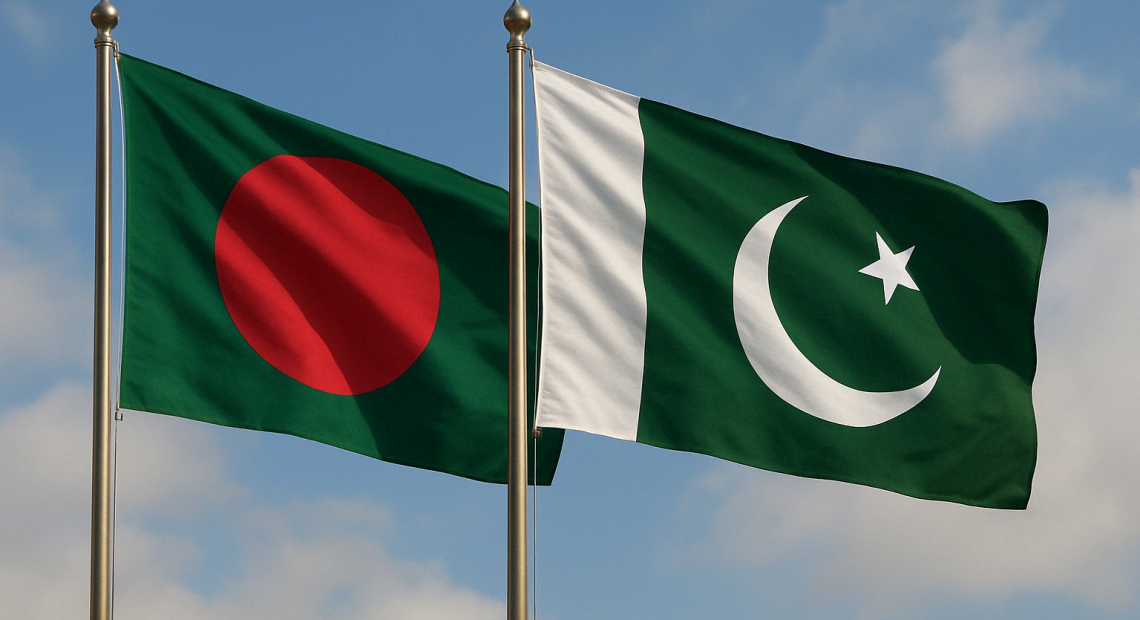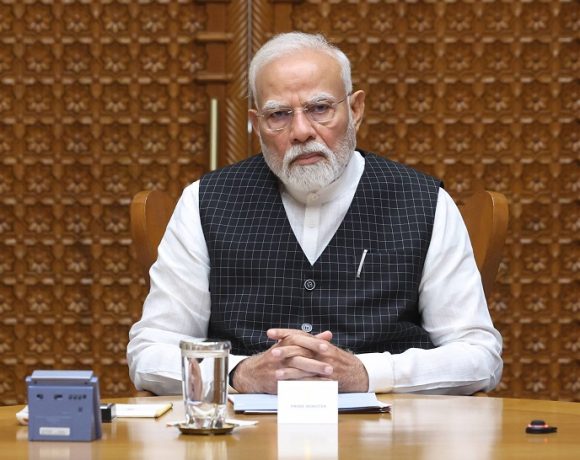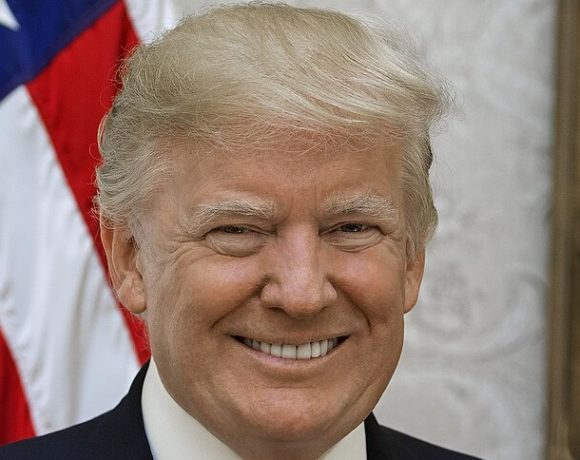
Bangladesh Demands Apology and $4.3 Billion Wealth Share from Pakistan Over 1971 Genocide
In a bold diplomatic move, Bangladesh has formally renewed its demand for an unconditional apology from Pakistan over the 1971 genocide and the atrocities committed during the country’s war of independence. Alongside the apology, Dhaka is also pressing Islamabad for its share of the undivided pre-1971 national wealth, estimated at $4.3 billion.
The demand was raised by Bangladesh’s State Minister for Foreign Affairs, who emphasized that these unresolved historical issues remain a major obstacle in fully normalizing bilateral ties. While successive governments in Dhaka have occasionally raised the issue, this marks one of the strongest public assertions of financial and moral accountability in recent years.
1971 Legacy Continues to Haunt Bilateral Relations
The 1971 war, which led to the creation of Bangladesh, saw widespread atrocities allegedly committed by the Pakistan Army, including mass killings, rapes, and forced displacements. Bangladesh estimates that around three million people were killed and over 200,000 women were subjected to sexual violence.
Despite over five decades passing since the war, Pakistan has never formally issued a state apology — a fact that continues to fuel resentment in Bangladesh. Although a 2002 statement by then-President Pervez Musharraf expressed “regret,” Dhaka has consistently maintained that a full and unqualified apology remains overdue.
Claiming Economic Dues from Pre-Partition Wealth
Beyond moral restitution, Bangladesh is also seeking a financial settlement. According to officials, at the time of the country’s independence, Pakistan held assets that were jointly accumulated under the banner of a united Pakistan. Dhaka claims that it is entitled to $4.3 billion — its share of foreign reserves, bank deposits, and properties that were never transferred after independence.
Officials have pointed out that India, after partition in 1947, had transferred Pakistan’s share of monetary reserves despite ongoing conflict, and a similar approach should have been followed after 1971. Bangladesh argues that it has waited long enough for an amicable resolution and is now compelled to pursue it through international diplomatic platforms.
Pakistan’s Silence and Diplomatic Impasse
Islamabad has not issued any official response to the fresh demands, maintaining a long-standing policy of avoiding direct engagement on the 1971 genocide issue. Analysts believe that Pakistan’s internal political volatility and military dominance over foreign policy decisions have contributed to the country’s reluctance to revisit the painful past.
Bangladesh, however, insists that justice and recognition of historical truths are essential prerequisites for sustainable regional peace. The demand for apology and wealth settlement is expected to be raised in future multilateral forums and bilateral dialogues if Pakistan agrees to participate.
Regional and Political Implications
The reassertion of the 1971 demands comes at a time when Bangladesh is also exploring new regional partnerships, including a cautious engagement with Pakistan on trade and connectivity. However, unresolved historical grievances remain a potent source of public emotion in Bangladesh and a stumbling block for any meaningful reconciliation.
Observers believe that unless Pakistan acknowledges its past actions, diplomatic ties between the two nations will remain superficial. For Bangladesh, the message is clear: memory and justice are non-negotiable.


















